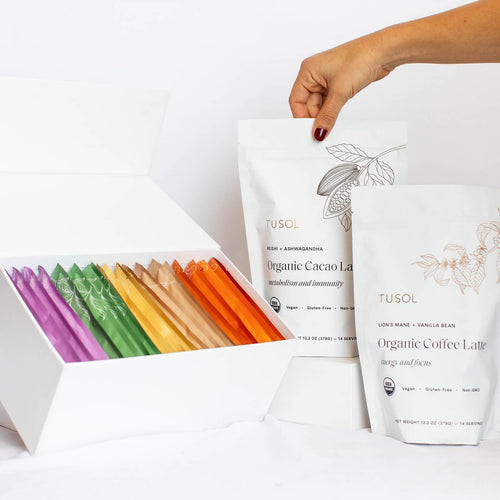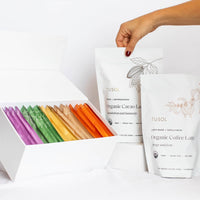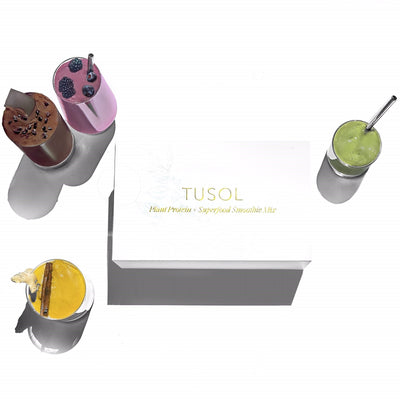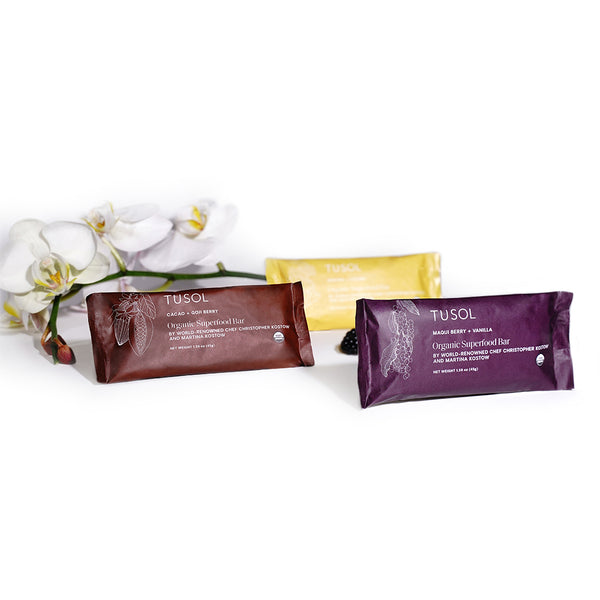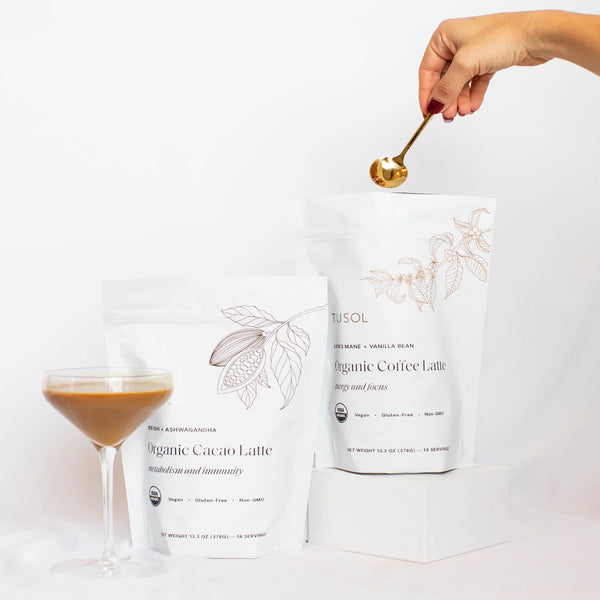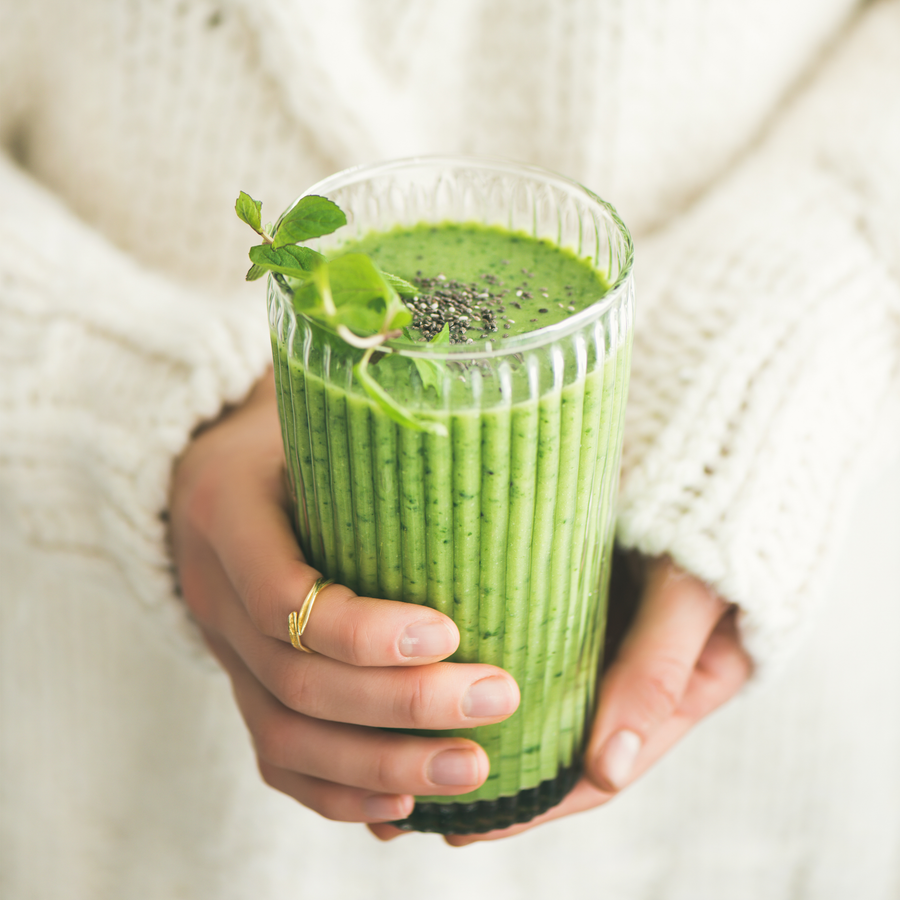If you're reading this, then it's probably safe to assume that you're experiencing some sort of a breakup. We gathered a list that can help you get over a breakup and here's what we found:
Scientifically speaking, it's likely that the oxytocin and vasopressin wore out. If you haven't heard of Dr. Bruce Lipton, it's time for you to gather around the fireplace with a cup of tea, and listen to his many talks about the chemistry of Love. I will however summarize here and tell you that it's probably not you who's responsible for the breakup. It's likely just due to changes in both your hormones and his/her cells, or well...maybe his/her cells are just not that into you.
When we fall in love we become healthier. We tend to have a glow and have a lot more energy. Our bodies release certain neurotransmitters into our bloodstream that enhance the body and make it look and feel younger. This is the complete opposite reaction than when we experience fear, because the chemicals released by the brain in times of fear shut down the system and create a wall around you, thus becoming disconnected in order to protect yourself.
We are pretty much like a new phone when we're born. Turn it on and there is nothing -- no contacts, no pictures, no music, and no memories. This is when your parents come in and start to program everything into your operating system -- beliefs, memories, contacts, images of fear, love, sadness, and teach you the basics of love. For many years, how your parents interact with one another is likely the main example of what love is to you. Was your mother warm, soft spoken and gave you lots of hugs? You will probably subconsciously look for these characteristics when searching for a soulmate.
Our programming begins during the last trimester of pregnancy, and continues for the next 10 years. When we are young we don’t really remember much at all, because we were largely unconscious of those time periods except for snippets and slices of time. Why is this important? Because we have a tendency to overthink too much and try to steer our new relationships into that which is familiar to us. We default to our old operating system because it's comfortable and familiar and tend to not be in the moment.
Thinking about the past and the future and project past experiences of fears into the new person is not unusual. We often ask ourselves, "will this person break my heart like the last one did?" What we should be saying to ourselves is: "this person is different and is not the same person, and I will trust without making them the other person".
Science has found that a person’s consciousness when falling in love does not go into thought, but stays present and mindful and lives in the moment – this short circuits all the programming that we took on when we were young. It is the first time in our life we are not operating from our programming. That said, after experiencing a breakup it's important to develop coping mechanisms that allow you to heal, move forward, and ultimately grow.
1. Be in the moment
It's important after a breakup to allow yourself to feel sad, to be angry, and to cry. For much of our lives, we're taught not to be angry or cry. As a result, those emotions get bottled up and labeled as bad, when in reality these emotions are the ones that make us human. It's okay to miss a person, to become emotional about losing a friendship, because let's face it -- you just lost your best friend and you deserve to mourn. We have a tendency to live in the past when we go through a breakup. This goes hand in hand with thinking about the "what if's," like"what if I had done this differently?"
We are fixated on certain moments that happened in the past and sometimes wish we could have the power to change them. And if we are not in the past, we time travel to the future. We think, will I be okay without this person? And the answer is always, YES! If you have pets, they are the greatest teachers. They will teach you what being in the moment really is. They don't think about yesterday and don't think about tomorrow, they are simply living in the now. If you don't have any pets, I recommend visiting your friend's dog. There has been studies showing that people excrete oxytocin, the love hormone, when petting a dog.
2. Stay Occupied
Speaking of staying in the moment, part of that is doing something that keeps your mind focused. Being hun up with the breakup can stop you from enjoying new things. Sure it's okay to feel sad, but focusing your mind in other directions can help. Learn to be present. Often doing a hobby will bring us there. Do you like painting? How about getting into archery? Whatever it is, keeping your mind focused on a task that requires undivided attention can alleviate the wandering mind.
3. Talk about your breakup
It's never a good idea to bottle up your feelings. It's like shaking up a soda bottle. Eventually, the lid will blow off, and everything will come oozing out. Talking about your feelings does not make you weak. Everyone has gone through some sort of break up and they will be able to understand and give you a few personal pointers on how they got over their own breakup. It will also help you see things in a clearer picture when you put your emotions into words. And others can see things you don't see.
4. Write a letter to your ex and tell them everything you want them to know (Just don't send it)
Texting your ex might not bring them back, in fact it might just make them block you. Understand that they too are probably going through a tough time. They might also need to cope with their own emotions without you unloading yours. Putting things in writing is another way to let the steam off the boiling pot.
Writing things can help you organize what you feel in your heart and in your head. Perhaps making a list of why this is the best decision you've ever made can help as well. The point here is that the brain needs to feel organized in a moment of chaos. In this letter you can write everything you weren't able to communicate in the heat of the moment. It doesn't have to make any sense, and you can also use curse words. Just don't send it, because that might create the following triangle below.
5. Get off the victim and/or perpetrator role
If you haven't heard about the Karpman triangle, then it's time you know. The Karpman triangle is a dynamic model of social interaction and conflict. It was developed by Dr. Karpman while studying transactional analysis. The triangle shows the three roles that people put themselves and others into during a typical conflict scenario: The victim, the perpetrator and the rescuer.
The victim: They come across as "overly sensitive". They see themselves as victims, mistreated, helpless, hopeless, and have a sense of guilt. The victim can deny any responsibility of any of their actions and the inability to change their current circumstance. They usually seek a "rescuer" to help them and will put the rescuer in perpetrator mode if not helped.
The rescuer: They need victims to help and often can’t allow the victim to succeed or get better. They can use guilt or keep their victims dependent and feel guilty themselves if they are not rescuing somebody.
The perpetrator: Perpetrators blame the victim, set strict limits, criticize, are angry and controlling. They keep the victim feeling hopeless through fear. Perpetrators are stubborn and have the inability to show any vulnerability. They have the fear of becoming a victim themselves. Perpetrators criticize but they don’t actually solve any problems or help anyone else solve the problem.
These three roles are described in their most extreme roles, but we have seen milder versions of these whenever we are in conflict or witness one.
What gives the drama triangle much of its power and significance is the recognition that people will switch roles and cycle through all three roles without ever getting out of the triangle. Victims depend on a savior; rescuers yearn for a basket case; persecutors need a scapegoat.
Being aware and getting out of the role is one way to not continue to do this pattern, and when dealing with a breakup this triangle will show up over and over again.
6. It's not you, well...maybe a little.
As mentioned before, there is a sort of programming happening in the first few years of your life. Your only example of love is by what your parents non-verbally taught you. You saw them interact with each other and they showed you the blueprints of what a relationship should be like.
If you grew up with a single parent then you might be more sensitive to feeling abandoned in a relationship or have commitment issues based on how that parent interacted with you. Whatever it is, if it was programmed in you, it can also be re-programmed by you. You can become aware of your patterns and the way you do things based on what makes you feel safe.
Feeling unsafe? Think about how that makes you feel and what you do to rectify that feeling. Chances are this is the same thing you've done since childhood. For example, feeling unsafe could mean sabotaging a situation and hide your emotions. Or disconnect mentally or physically. We all protect our emotions in a very different way. And finding the pattern might be a clue to healthier relationships.
7. Love comes in many forms and a breakup too
Think about all the times you ever thought you were in love. It's possible to be in love more than once in our lifetime. I'm a recent divorcee and when I got married I thought this man was going to be the one for the rest of my life. It wasn't the case and since then I haven't been in love but started dating and can see the potential of being in love again. I have friends who have been divorced and gotten remarried to find love again.
But first, the real question is: Are you in love with yourself? If the answer is yes, then it will be easy to attract love that doesn't come with conditions. If you conditionally love someone, it means that your love is based on expectations. And what they can offer. If you give me this, then you can have my love, if you don't, then I will take it away.
If you answered no, then make sure you read #9 "Be The Person You Want To Attract"
8. Learn something
Now that you have the weekends off, or more time to yourself, picking up a new language doesn't seem that far off. How about learning a new skill? You are never too old to expand your mind. This is the part of growing, when you learn from mistakes, achievements, learn from others, and expand.
When learning something new, you can attract other types of people based on new things you are interested in. And in the process, you can exercise your emotional part of the brain. Because your hippocampus the area of the brain responsible for learning and new memories, is also associated with emotions. So stimulating the chemical reactions in this part of the brain by picking up a new skill, can also help balance your emotions and thus feeling less emotionally unbalanced during a breakup.
9. Be the person you want to attract
A breakup can teach you a lot of things. One of those things is to not to be waiting for that one person to fill in that empty gap within you. We often wait for that person to magically make our lives better. That will never happen and both of you will be left with a feeling of resentment if the expectations are high. That gap needs to be filled by non-other than you. And making your life better also needs to be done by you.
We sometimes envision this person in our heads and want them to have certain characteristics that we think will make us happy. The bottom line is that if you can become the ultimate ideal person you wish you had in your life, it has to start with you. Commit and honor yourself. And most importantly, you have no other choice but to love yourself. Which then ties in with #10...
10. Have compassion
Love for yourself goes hand in hand with compassion, for yourself and for the other person on the other side of the breakup.
Self-compassion involves acting with deep understanding of yourself when you are having a hard time and going through a rough breakup, when something doesn't come the way you expected, or when you notice something you don’t like about yourself. Instead of just criticizing yourself, stop yourself by saying something like: "No! I will not allow myself to put me down". It helps when you follow by saying the nice things you like about yourself and the things that other people love about you. Talk to yourself in a loving way, the way you would talk to yourself as an 8 year old and saw you crying while sitting on the sidewalk. Would you call that little kid stupid?
Growing is very different than just changing. You can only grow by expanding tall or wide and with growing, naturally comes change. Changing is tricky. Most will change like we change clothes. You remain the same but you just have different clothes on. We might act differently when we are with a different group of people, is the change you are doing just to be approved by others?
Grow in ways that make you healthy and happy. This is done because you care about yourself.
Most importantly, having compassion for yourself means that you honor and accept YOU.
11. Treat yourself to a Healthy Body and Mind
It's no secret that happniess comes from within. Our bodies are advanced chemical factories responsible fully for our moods, thoughts and ultimately happiness.
When we consume compounds that support the neurotransmitters associated with happiness, we're able to help our bodies and minds recover quicker.
Below are a few of our go-to's for a healthy body and mind.
TUSOL Organic Superfood Smoothies
TUSOL Smoothie Mixes contain full servings of superfood and adaptogen ingredients that support mood, gut health and hormonal balance.
TUSOL Organic Cacao + Reishi Latte
Our TUSOL Cacao Latte blend contains a combination of organic cacao, ashwagandha and reishi mushroom to support mood and regulate stress hormones.

TUSOL Organic Maqui Berry + Vanilla Protein Bar
Our TUSOL Maqui Berry + Vanilla Protein Bar contains organic maqui berries to reduce inflammation and support glowing skin -- so you feel your absolute best.
